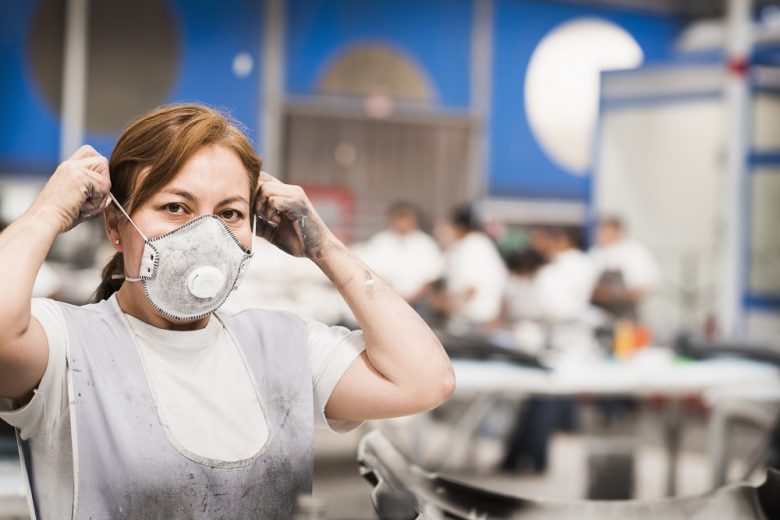Protective masks: standardizers step up initiatives to combat coronavirus

After making freely available the European standards recommended for producing protective masks, AFNOR has taken the initiative to provide joint recommendations and simplify the speedy production of masks to enable healthy people to protect themselves from coronavirus, in addition to the essential protective measures.
In response to the coronavirus epidemic, the European Committee for Standardization (CEN) and the European Committee for Electrotechnical Standardization (CENELEC) have made freely accessible a series of European standards applying to the medical equipment and the personal protection equipment used to face the COVID-19 pandemic. The 11 standards in question, developed by experts from all over Europe, cover the different kinds of masks, medical gloves and protective clothing. They can be freely downloaded from the AFNOR Publishing website*. Free access to these European standards will facilitate the work of numerous companies that are restructuring their production chains to quickly provide equipment to healthcare professionals and patients.
NF EN 14683 for surgical masks
A surgical mask is a medical equipment. Produced as per standard NF EN 14683, it is designed to prevent the wearer from spreading droplets in the vicinity. It also protects the wearer from droplets produced by a person directly in front of them. However, depending on the circumstances, it does not protect from inhaling the very small particles suspended in the air that potentially carry the virus. There are three different types of surgical masks*:
- Type I: bacteria filtering effectiveness > 95%.
- Type II: bacteria filtering effectiveness > 98%.
- Type IIR: bacteria filtering effectiveness > 98% and splash-resistant.
NF EN 149 for FFP masks
An FFP mask (“Filtering Face piece Particles”) is an individual respirator protection mask. Developed as per standard NF EN 149, it is designed to protect the wearer against the inhalation of both droplets and particles suspended in the air. Wearing this type of mask is more restrictive than a surgical mask (heat-related discomfort, breathing resistance), but it protects from inhaling infectious pathogens. Available in shell, 2-ply, 3-ply and duckbill shapes, with or without an exhaling valve, with optional facial seals, there are three categories, according to their effectiveness:
- FFP1 masks which filter at least 80% of aerosols (inward leakage < 22%);
- FFP2 masks which filter at least 94% of aerosols (inward leakage < 8%);
- FFP3 masks which filter at least 99% of aerosols (inward leakage < 2%).
AFNOR initiative to equip company staff
AFNOR has launched an initiative to speed up the process of equipping company employees that are at a particularly high risk of being contaminated. With the support of a community of experts and end users**, a reference document will be published in the coming days, to offer protective mask manufacturing requirements more relaxed than those observed by surgical mask and FFP2-type mask manufacturers. Along with other protective measures, these new “barrier masks” will help companies maintain or restart their activities while protecting their employees. Advice will also be offered to put on, remove and maintain a “barrier mask” depending on use.